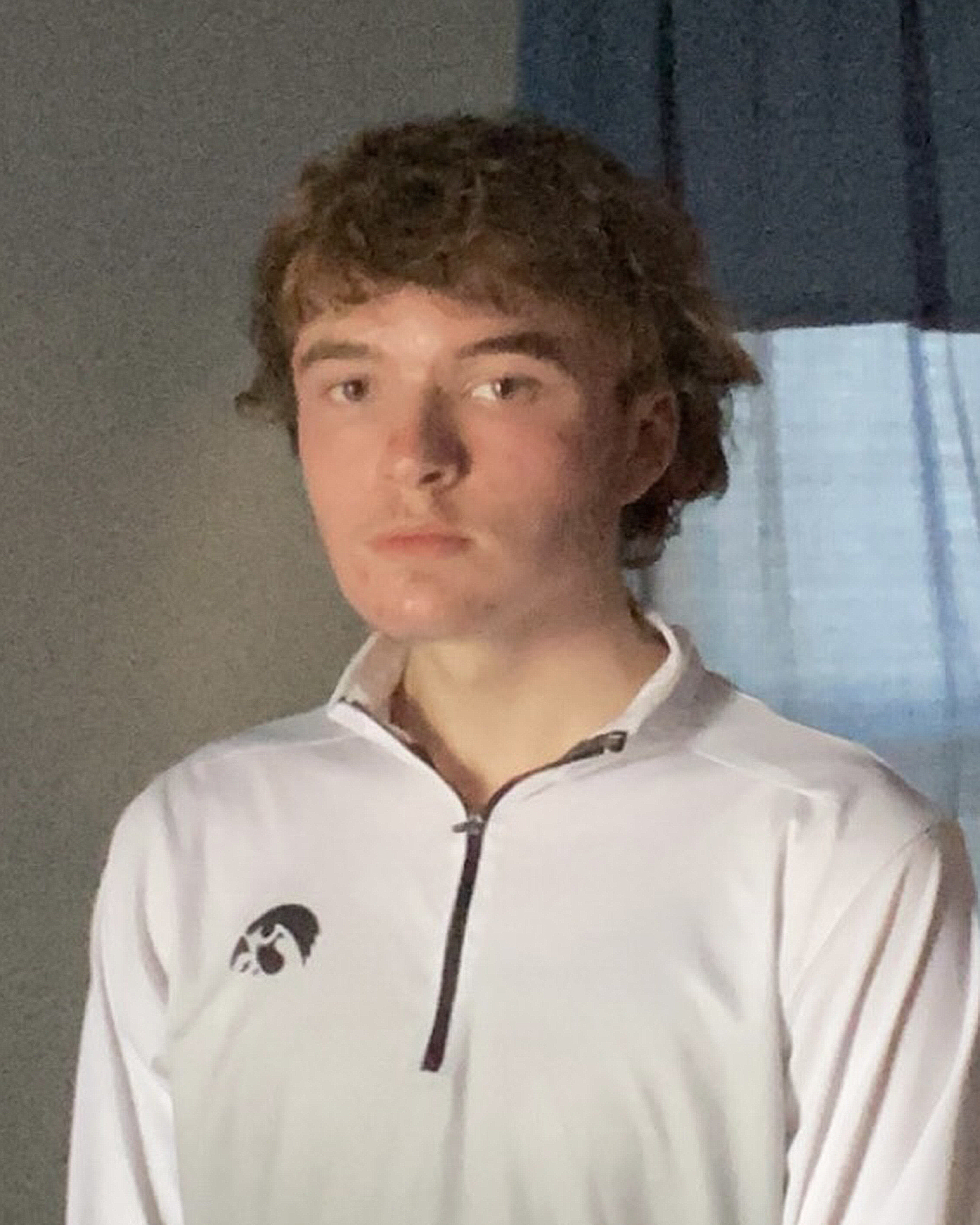
CONTRIBUTED: During this unprecedented year, college students have been stripped of many face-to-face experiences. Social media has filled that void and allowed for students to connect with each other.
Keanen Wells, a student at Kirkwood Community College, said he has quickly become an avid user of several social media apps. Wells actively uses Instagram, Snapchat, Facebook, Twitter, and his new-favorite app, TikTok. He started posting on TikTok daily while in quarantine, and quickly grew a large following. In total, he has accumulated just under 200,000 followers in less than a year.
He managed to turn a random trend into a unique way to interact with others. “At the beginning of the pandemic it was almost forbidden to be out hanging out with friends. So being able to connect on social media was important to me,” Wells explained. His content consists of fun challenges and comedic relief. It helped him get through the tough times.
Having a positive outlook in a difficult situation can make a big difference. Wells said, “If the pandemic didn’t happen, I probably would’ve never started making videos in the first place.” Now, he provides entertainment for thousands of people. He said he looks to other creators for inspiration. “TikTok has so many creative and funny videos to enjoy,” Wells added.
In a broader sense, social media has a big influence on many people’s lives. It’s no different for college students, especially since many of them have a grown up in an increasingly digital world. Younger generations are using technology far more than ones in the past and the usage will continue to rise. At this point, it would be difficult to find someone that doesn’t have a social media account.
With that being said, it is important to learn the impact it has on an individual. Wells has had a fairly good experience but even he acknowledges that social media can be toxic to his mental health. He spends anywhere from three to five hours on various apps each day. He said his biggest concern on extensive screen time is, “Becoming disconnected from reality. Too much social media will take a negative toll on anyone.”
Social media users can control exactly what information they make public. Most people share only the highlights of their life, which is just a small representation of what they go through. This is something people fail to remember when comparing themselves to those they see online.
Additionally, the option to remain anonymous on apps can indirectly lead to cyberbullying. People are much more likely to post hateful comments when they can’t be identified. There isn’t much that can be done to prevent this. Wells said he has had his fair share of haters but is able to focus on the positive interactions above everything else.
Unfortunately, some people can’t operate that way. Social media isn’t always the most welcoming place, especially for people who are sensitive to criticism. Getting lost in the realm of social media is easy to do. The ability to form digital connections also brings people who look to take advantage of that accessibility. College students should understand that they need to form a healthy balance between real-life and online platforms. It’s still possible to interact with others online, while prioritizing mental health.

Categories: Campus News, Contributed, News










